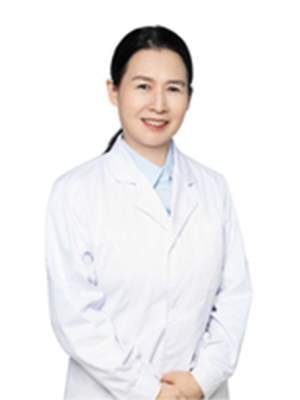Why does a one-year-old baby bite hard whenever breastfeeding, and what should be done about it?
Generally, if a one-year-old baby bites forcefully while breastfeeding, it may be related to factors such as teething, insufficient milk supply, indigestion, dental caries, or oral thrush. It is recommended that parents seek appropriate medical treatment under a doctor's guidance. Specific analysis is as follows:
1. Teething
If a one-year-old baby bites during breastfeeding, treatment is usually unnecessary, as this is a normal physiological phenomenon following tooth eruption. A nipple shield can be used during feeding to prevent the baby from biting the nipple, and teething toys or teething rings can be provided for the baby to chew on.
2. Insufficient Milk Supply
When milk supply is inadequate, the baby may suck more vigorously, which can lead to biting if the milk flow is insufficient. This condition typically does not require specific treatment. Lactation can be stimulated through breast massage, and complementary foods can be appropriately introduced to the one-year-old baby's diet.
3. Indigestion
If the baby feeds too quickly, excessive air may be swallowed along with the milk, leading to indigestion and causing discomfort such as bloating and abdominal pain. This discomfort may result in biting the nipple. Abdominal massage may help stimulate gastrointestinal motility and relieve these symptoms.
4. Dental Caries
After teeth erupt, if parents fail to clean the baby’s mouth promptly, tooth decay may develop, causing oral pain and discomfort. As a result, the baby may bite during breastfeeding. Parents are advised to clean the baby’s mouth regularly after teething to prevent dental caries.
5. Oral Thrush (Thrush)
Oral thrush is caused by infection with Candida albicans, resulting in white patches on the oral mucosa. Affected babies may experience pain, irritability, poor appetite, crying, difficulty nursing, and biting. Biting during breastfeeding in a one-year-old may be due to oral thrush. Under medical supervision, medications such as amoxicillin granules or vitamin C tablets may be prescribed for treatment.
If a one-year-old baby shows any signs of discomfort, it is advisable to seek prompt medical attention to avoid delays in diagnosis and treatment.




